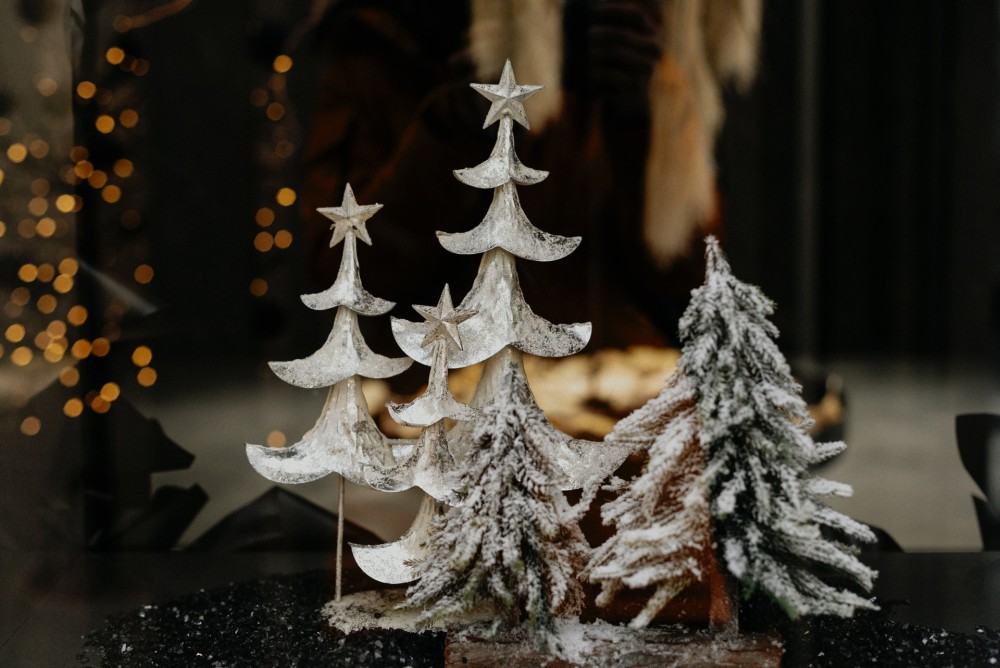An Omicron Christmas
I don’t know if this is the pandemic’s end game. I do know that new things are already being born in us.

Across Canada, days before Christmas, our churches have begun the snowball effect of closing down in-person worship. Church leaders are choosing what politicians aren’t prepared to choose, moving our worship offerings online in the belief that not being together might be the most loving and faithful thing we can do.
This has a nauseatingly familiar feel to it. We can only speculate about what the cost might be in infections if we were to go ahead with our gatherings, but the cost of not gathering is felt immediately and viscerally. The sadness, disappointment, and even anger across our congregations is its own monstrous presence—so heavy and taking up so much space between us and within us that it has become hard to move, to see, to think, to breathe.
For a few precious months, life felt almost back to normal. We trusted in the protection of vaccines and the lower case counts being reported each day. Our churches had begun singing together again and talking about a fuller return to programming in the new year.




